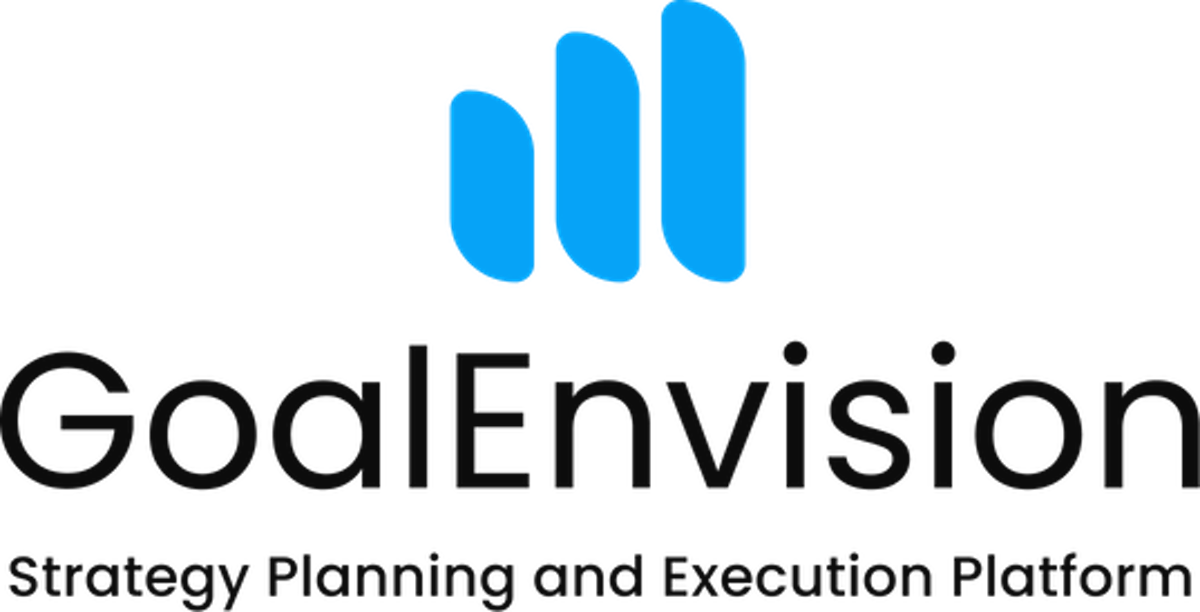Make your management team more effective with these 10 tips
Share this article
Leading an organisation requires an effective and coordinated management team. Here are 10 concrete tips to help you become more effective and successful.
Leading an executive team can be one of the most challenging tasks for a business leader. According to a study published in the Harvard Business Review, many management teams experience problems with inefficiency and lack of coordination, which prevent them from achieving their goals. Studies show that the shift to digital meetings during the pandemic has further hampered collaboration and spontaneous interactions, leading to reduced innovation and delayed decisions (HBS Working Knowledge).
To help you improve the efficiency of your management team, we have compiled ten concrete tips. This advice is based on proven methods and research that can help you overcome the most common obstacles and create a coordinated, engaged and successful management team.
1. Clear strategic direction and planning
What should you do? Formulate a clear vision and strategic goals for your organization. Communicate these regularly to the entire management team and organization.
How do you do that?
-
Gather the management team for a strategic planning workshop.
-
Use tools like GoalEnvision to formulate and visualize the vision and goals.
-
Update and discuss the strategy regularly at management meetings.
2. Effective resource allocation
What should you do? Allocate resources to support your strategic goals and ensure every team member has what they need to succeed.
How do you do that?
-
Create an overview of available resources (staff, time, budget).
-
Analyze where the resources are most needed to achieve the goals.
-
Use resource planning tools, such as GoalEnvision, to track and adjust resource allocation.
3. Regular follow-up and evaluation
What should you do? Follow up and evaluate goals and performance regularly to be able to make the necessary adjustments in time.
How do you do that?
-
Schedule regular follow-up meetings.
-
Use measurement tools and surveys to assess progress and performance.
-
Adjust the plan based on feedback and results.
4. Structure and processes
What should you do? Implement clear processes and routines to ensure efficient work and clarity of expectations.
How do you do that?
-
Document all important processes and routines.
-
Train team members in these processes.
-
Use checklist systems to ensure that everyone follows the set procedures.
5. Communication and collaboration
What should you do? Ensure open and transparent communication within the management team and promote collaboration.
How do you do that?
-
Use communication tools such as Teams or Slack to facilitate ongoing dialogue.
-
Have regular team meetings to discuss progress and challenges.
-
Encourage feedback and exchange of ideas between members.
6. Competence development
What should you do? Constantly develop the management team's competencies through education and training.
How do you do that?
-
Identify areas of competence that need improvement.
-
Create a training plan and budget for skills development.
-
Use internal and external educational resources, such as courses and workshops.
7. Commitment and motivation
What should you do? Create a motivating work environment where everyone feels engaged and inspired.
How do you do that?
-
Recognize and reward achievements regularly.
-
Arrange team activities and social events.
-
Involve everyone in decisions and goal formulation to increase the feeling of participation.
8. Market analysis and monitoring of the environment
What should you do? Stay updated on market trends and competitors to make informed decisions.
How do you do that?
-
Subscribe to relevant industry reports and newsletters.
-
Analyze competitors' strategies and results.
-
Conduct regular SWOT (Strengths, Weaknesses, Opportunities, Threats) analyses.
9. Decision-making and division of responsibilities
What should you do? Distribute responsibilities clearly and ensure effective decision-making.
How do you do that?
-
Define roles and responsibilities for each management member.
-
Use decision trees and matrices to structure the decision-making process.
-
Document decisions and those responsible for follow-up.
10. Use of digital tools
What should you do? Take advantage of digital tools to plan, implement and follow up strategies and goals in a structured way.
How do you do that?
-
Implement tools such as GoalEnvision to manage strategic planning and follow-up.
-
Use project management tools like Trello or Asana to keep track of tasks and deadlines.
-
Make sure everyone on the management team is trained and comfortable using these tools.
By following these concrete tips, your management team can work more efficiently and successfully. Good luck!
Share this article
Did you like this article? Here is more...
Latest


